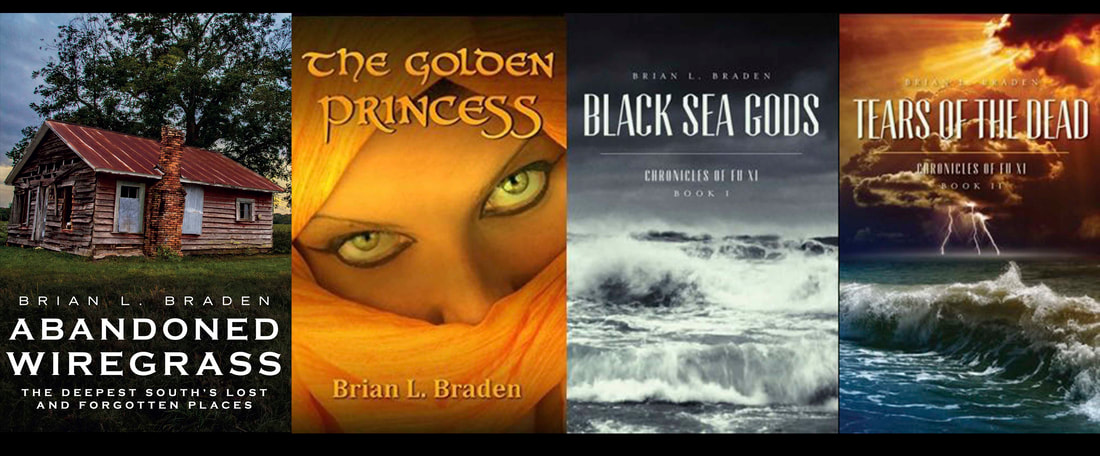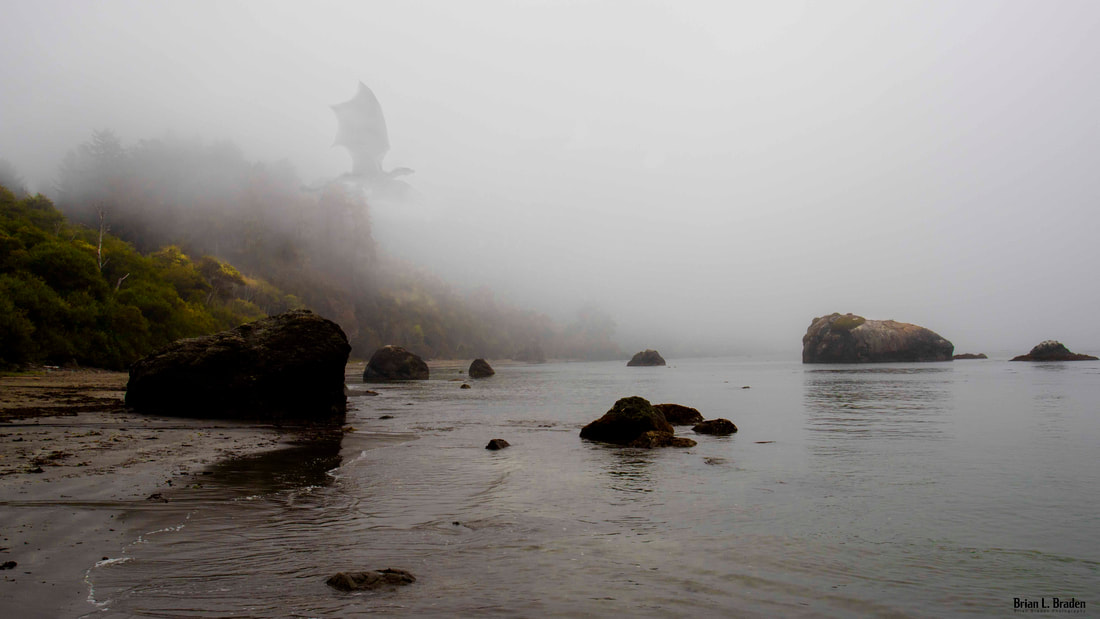|
A reader of my latest novel, “The Bastard Gods” made a comment about a word I used. The reader said the word “savage” was offensive. This was news to me, so I decided to look it up on Dictionary.com. Here’s what I found: Savage [ sav-ij ] 1. fierce, ferocious, or cruel; untamed: savage beasts. 2. Offensive. (in historical use) relating to or being a preliterate people or society regarded as uncivilized or primitive: savage tribes. 3. enraged or furiously angry, as a person. 4. unpolished; rude: savage manners. 5. wild or rugged, as country or scenery: savage wilderness. 6. Archaic. uncultivated; growing wild. There it is, definition number 2. According to Dictionary.com the word savage has officially been declared, deemed, labeled, and designated as offensive. So what does that mean? Offensive [ uh-fen-siv or, for 4, 5, aw-fen-, of-en- ] adjective 1. causing resentful displeasure; highly irritating, angering, or annoying: offensive television commercials. 2. unpleasant or disagreeable to the sense: an offensive odor. 3. repugnant to the moral sense, good taste, or the like; insulting: an offensive remark; an offensive joke. 4. pertaining to offense or attack: the offensive movements of their troops. noun 1. the position or attitude of aggression or attack: to take the offensive. 2. an aggressive movement or attack: a carefully planned…offensive. I suppose that means “savage,” in the context of use in my novel, is repugnant in a moral sense. Well, good. It’s supposed to be. The characters who utter the word use it in its full repugnant glory. These fictional characters negatively describe cultures and peoples they believe are primitive and beneath them. They are complex, flawed and sometime very nasty characters, and the word is appropriately used for the situation. Pray tell, what word would they use if not “savage”? There was a time when the dictionary didn’t pass judgement on words, it merely explained them. When did Dictionary.com take it upon themselves to start making value judgements on words? In fact, that’s exactly what this article from Dictionary.com does. Here’s an excerpt from the article’s opening, “…It’s very important to be mindful of words that were originally or historically used in very offensive ways. Here’s a list of words with hurtful histories that may have you thinking twice about your word choice.” What the author of this article fails to mention is most people have no clue what the ancient origins of these words are, only their modern (and benign) meaning. They weren’t considered offensive until someone went out of their way to make them offensive. Time is considered the Great Healer, and time has healed these words and phrases, making them palatable and useful. They now have different contexts which enhance and enrich the literary landscape. Their dark origins were lost and now irrelevant. What Dictionary.com has done has intentionally poisoned them. ANY word could be considered offensive, it merely takes the right situation, context, perception, and someone to complain loud enough. If you dig deep enough into the etymology of any word, you’re likely to find negative context in its past use or origin. How does the process work? Do the Offended take their petition before some kind of Word Tribunal, where the anxious and entitled wring their hands and tremble at each utterance of an abominable word? What power they must feel when they strike down each word and phrase! There is no power greater in the modern world than that of the Offended. In the past, if one did not agree with a word, a thought or a book, one merely didn’t read it. Now it must be labeled and targeted for deletion. “But they aren’t banning the word, they are just labeling it as offensive,” you say. You’re right, they aren’t banning it. They are cancelling it, which is worse. If an organization like Dictionary.com publicly stated they were banning a word, there would be an outcry. No, they merely stained it. That’s all it takes these days. Every writer who submits a book to an editor will have their word choices questioned at best, stricken at worst. No publisher wants to get labelled as racist or “-phobic.” They don’t want hordes of Twitter denizens calling for boycotts or even worse. Platforms like Amazon will de-platform. It’s not worth it. Just go along and get along, and everything will be alright. Editors will push back and writers will self-censor. We’ve seen it before. It’s brilliant, really. If you try to ban a book, legions of activists from the right and left will descend upon you. No one bats an eyelash these days when you ban a word. It’s actually better than book banning. Words matter because words are the basic building blocks of thoughts. Words are the computer code of the sentient mind. Delete words, delete thoughts. One still has freedom of speech, but less words with which to do it. Oh, you can still theoretically use offensive words, but you will suffer the consequences. What kind of consequences? Cancellation. We’ll cancel your job, we’ll cancel your book, cancel your show, cancel your reputation. We’ll dox you, de-platform you, marginalize you and perhaps threaten violence. We’ll do whatever it takes to get you to shut up. Don’t use the words if you know what’s good for you. That’s not political or intellectual discourse, that’s a threat. Actually, no, that’s not entirely accurate. It’s only a threat until it is acted upon, then it becomes an attack. Don’t believe me? Go back and look at the definition of offensive, but this time as a noun: 1. the position or attitude of aggression or attack: to take the offensive. 2. an aggressive movement or attack: a carefully planned…offensive. Labeling, cancelling, deleting, banning, doxing, marginalizing…these are modes of intellectual warfare and on my list of offensive words. When words and phrases, and those who write or utter them, are destroyed under the guise of “offense,” it is a war on thought itself. Such behavior breaks the spirit of the 1st Amendment, if not always the letter. Labeling, cancelling, deleting, banning, doxing, marginalizing…these are repugnant things in the moral sense, abhorrent to good taste; insulting. Offensive. They are savage, as are those who practice them. #savage #Labeling #cancel #cancelling #cancelculture #deleting #banning #ban #doxing #dox #marginalizing #marginalize #bookburning #davechappelle #censorship #censor #snowflake #NPC #politicallycorrect  *** Disclaimer: All opinions expressed here are strictly my own personal views. If you enjoyed this blog, please like the post and leave a comment or if you're feeling brave, share it on social media. This platform is my entire advertising budget and is how I share the word on my books. Also visit my Facebook, my author page and check out my photography book from America Through Time, "Abandoned Wiregrass: The Deepest South's Lost and Forgotten Places." Comments are closed.
|
Archives
July 2023
Categories
All
|

 RSS Feed
RSS Feed